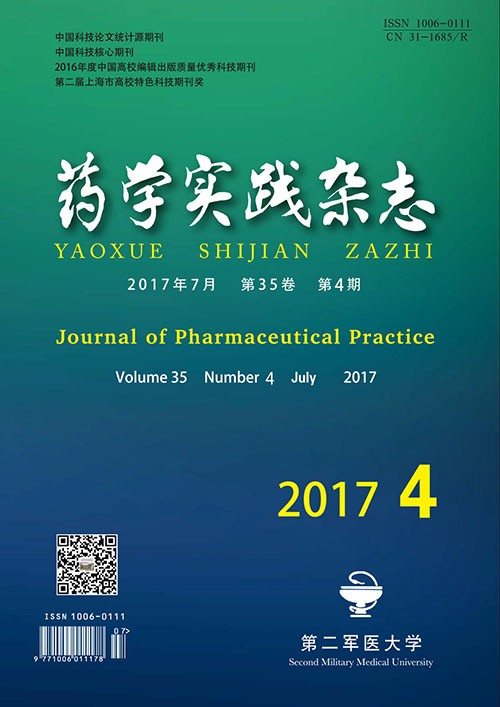| [1] |
Dixit R, Herz J, Dalton R, et al. Benefits of using heterologous polyclonal antibodies and potential applications to new and undertreated infectious pathogens[J]. Vaccine, 2016, 34(9):1152-1161. |
| [2] |
Gaughan CL. The present state of the art in expression, production and characterization of monoclonal antibodies[J]. Mol Divers, 2016, 20(1):255-270. |
| [3] |
Lonberg N. Fully human antibodies from transgenic mouse and phage display platforms[J]. Curr Opin Immunol, 2008, 20(4):450-459. |
| [4] |
Bruggemann M, Osborn MJ, Ma B, et al. Human antibody production in transgenic animals[J]. Arch Immunol Ther Exp (Warsz), 2015, 63(2):101-108. |
| [5] |
de Goeij BE, Lambert JM. New developments for antibody-drug conjugate-based therapeutic approaches[J]. Curr Opin Immunol, 2016, 40:14-23. |
| [6] |
Yamada T. Therapeutic monoclonal antibodies[J]. Keio J Med, 2011, 60(2):37-46. |
| [7] |
Eigentler TK, Hassel JC, Berking C, et al. Diagnosis, monitoring and management of immune-related adverse drug reactions of anti-PD-1 antibody therapy[J]. Cancer Treat Rev, 2016, 45:7-18. |
| [8] |
Fala L. Cosentyx (Secukinumab): First IL-17A antagonist receives FDA approval for moderate-to-severe plaque psoriasis[J]. Am Health Drug Benefits, 2016, 9(Spec Feature):60-63. |
| [9] |
Maselli DJ, Velez MI, Rogers L. Reslizumab in the management of poorly controlled asthma: the data so far[J]. J Asthma Allergy, 2016, 9:155-162. |
| [10] |
Lim BN, Tye GJ, Choong YS, et al. Principles and application of antibody libraries for infectious diseases[J]. Biotechnol Lett, 2014, 36(12):2381-2392. |
| [11] |
Uchtenhagen H, Schiffner T, Bowles E, et al. Boosting of HIV-1 neutralizing antibody responses by a distally related retroviral envelope protein[J]. J Immunol, 2014, 192(12):5802-5812. |
| [12] |
Pleass RJ, Holder AA. Opinion: antibody-based therapies for malaria[J]. Nat Rev Microbiol, 2005, 3(11):893-899. |
| [13] |
Balu S, Reljic R, Lewis MJ, et al. A novel human IgA monoclonal antibody protects against tuberculosis[J]. J Immunol, 2011, 186(5):3113-3119. |
| [14] |
Chapman MJ, Stock JK, Ginsberg HN. PCSK9 inhibitors and cardiovascular disease: heralding a new therapeutic era[J]. Curr Opin Lipidol, 2015, 26(6):511-520. |
| [15] |
Freskgard PO, Urich E. Antibody therapies in CNS diseases[J]. Neuropharmacology, 2016,DOI: 10.1016/j.neuropharm.2016.03.014. |
| [16] |
Cohan S. Therapeutic efficacy of monthly subcutaneous injection of daclizumab in relapsing multiple sclerosis[J]. Biologics, 2016, 10:119-138. |







 DownLoad:
DownLoad: